At Plant With Purpose, one of our most important commitments is to treat the communities we work alongside not as projects to be fixed, but as partners in transformation. We call this approach Partners Not Projects.
This principle is not just a slogan. It is a foundational practice that shapes the way we restore watersheds, equip families to overcome rural poverty, and nurture spiritual renewal. Instead of top-down fixes, we co-create solutions with local communities, honoring their dignity, agency, and knowledge.
Here are three ways we practice Partners Not Projects in our daily work:
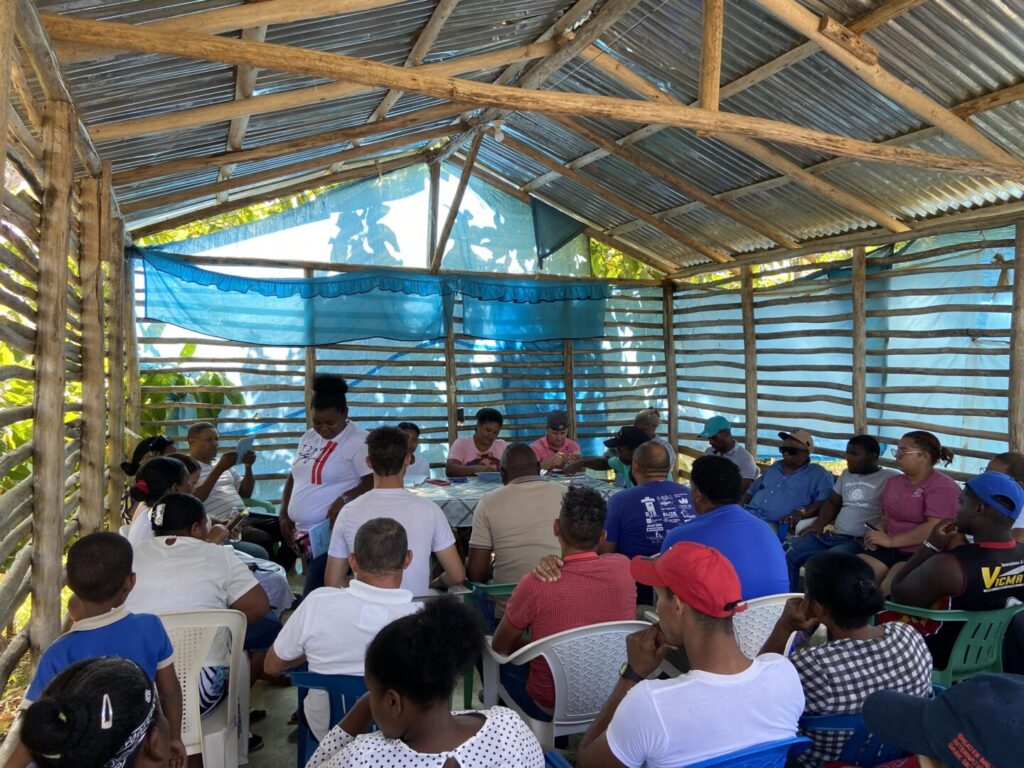
1. Purpose Groups: Autonomous and Community-Led
The foundation of Plant With Purpose’s program is the Purpose Group, a community-based savings and loan association. These groups are platforms for empowerment, decision-making, and leadership.
Unlike traditional aid programs, Purpose Groups are autonomous. Each one establishes its own bylaws, elects its own leaders, and determines priorities most relevant to its context. This process ensures that community members shape their own future.
By saving together and lending to one another, families gain access to capital to invest in farms, businesses, or urgent needs. But the impact goes far beyond economics. Purpose Groups become a hub of shared vision, where neighbors learn to trust each other, hold one another accountable, and build resilience together.
Purpose Groups also double as Farmer Field Schools, where members engage in participatory training in regenerative agriculture – exchanging knowledge and testing new methods. This peer-to-peer learning is particularly powerful because it is rooted in shared experience. A farmer learns not only from experts, but primarily through neighbors who have faced the same challenges of soil erosion, drought, or crop failure. This inclusive method cultivates dignity and reinforces the idea that every member has something valuable to contribute.
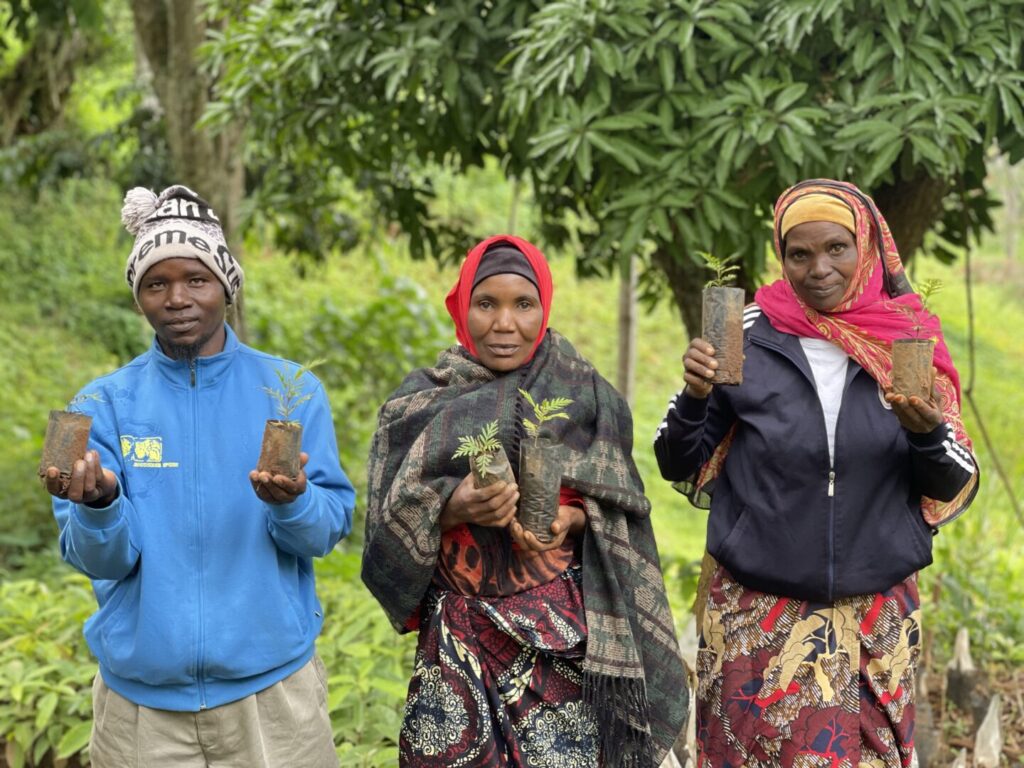
2. Cultivating Local Leadership for the Long Term
One of the most rewarding outcomes of treating participants as partners is the growth of local leadership. When communities are trusted to make their own decisions, leaders emerge who are deeply committed to the well-being of their neighbors and their environment.
Plant With Purpose’s role is to equip and accompany, not to dictate. Though our teams provide training in regenerative farming, savings group facilitation, and watershed restoration, it is local leaders who adapt and spread these practices in ways that fit their culture and environment.
This approach fosters long-term resilience. Development is most effective when it is locally owned and led, rather than being dependent on outside staff or resources. By empowering leaders within Purpose Groups, Plant With Purpose ensures that transformation continues long after external facilitators step back.
Through this process, leadership emerges organically. Instead of outside organizations imposing solutions, communities generate their own. That’s the heart of Partners Not Projects.
Consider how this contrasts with short-term “project” models of aid. Too often, well-intentioned programs and activities are conducted for a community; but without local ownership, these efforts are often unsustainable. Another result is that communities can unfortunately become dependent. But when participants are partners, they are co-creators of change. They carry the skills, vision, and responsibility into the future, multiplying impact for generations.
This is not only effective development, but a reflection of justice. Every community deserves the right to make decisions about its own future.
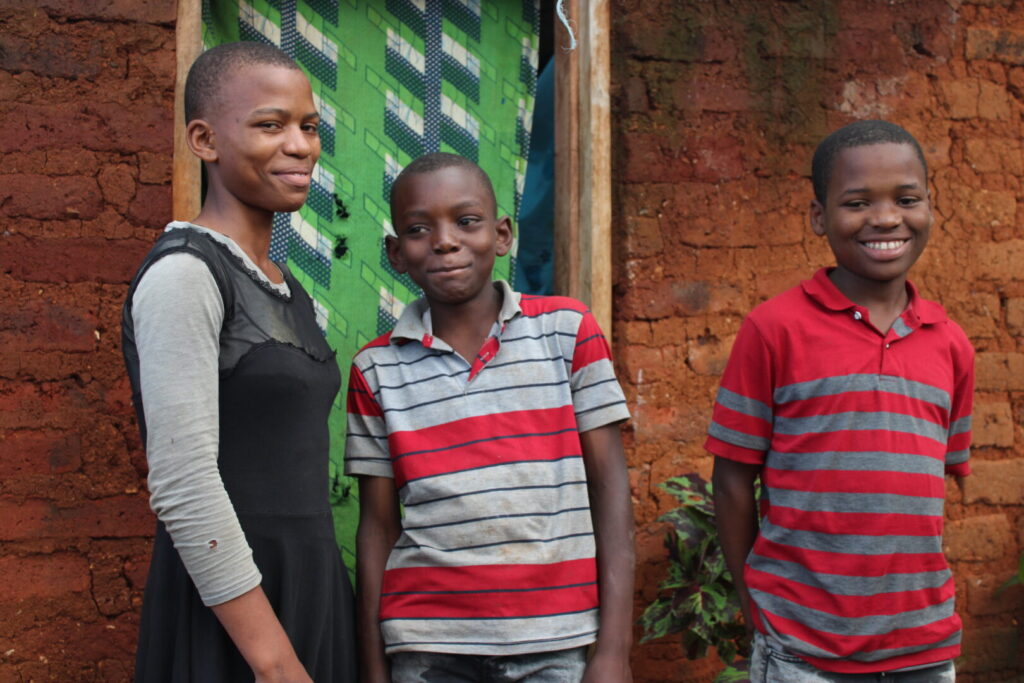
3. Ethical Storytelling: Honoring Dignity and Voice
How we talk about communities matters. At Plant With Purpose, we are intentional in portraying participants not as objects of pity, but as whole persons with gifts, knowledge, and agency.
Ethical storytelling is a vital extension of Partners Not Projects. Too often, fundraising appeals depict participants as helpless victims, stripping away human dignity and reinforcing harmful stereotypes. Instead, Plant With Purpose tells stories that highlight strength, resilience, and leadership.
When we share about a farmer restoring her land or a community planting thousands of trees, we focus on their initiative. We emphasize that they are not passive recipients of aid but active partners in global restoration. Their perspective, culture, and voice are central to the narrative.
This practice reflects our belief that every person is created in God’s image, with inherent worth and the capacity to contribute to the renewal of creation. By amplifying local voices rather than speaking on their behalf, we remind supporters that true transformation is a collaborative effort.
Ethical storytelling also reinforces accountability. It reminds us, internally and externally, that we must never reduce participants to statistics or backdrops for fundraising. Instead, we present them as the leaders they are.
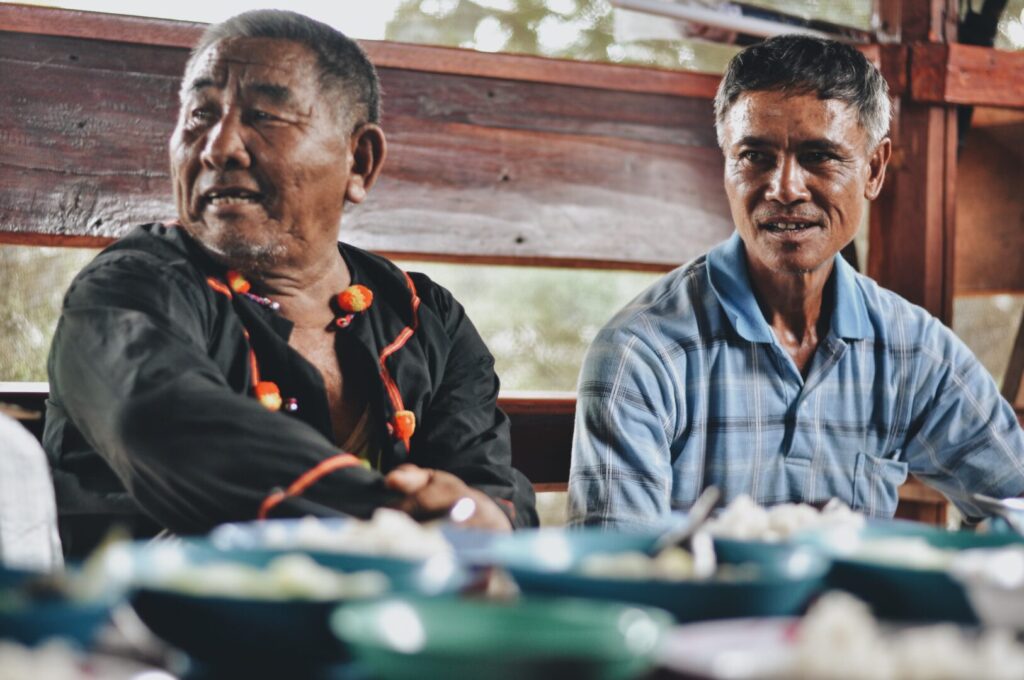
Living Out “Partners Not Projects”
The mindset of Partners Not Projects influences everything Plant With Purpose does—from the way groups are formed, to how leaders are developed, to the way stories are shared with donors.
In the field, it looks like farmers teaching one another regenerative practices and neighbors saving together for their children’s future.
In leadership, it looks like Purpose Groups shaping their own bylaws and electing their own leaders to guide collective action.
In communication, it looks like narratives that highlight dignity and agency, portraying participants as protagonists of their own stories.
This approach requires humility. It means acknowledging that solutions do not come from outside experts, but from within communities themselves. Plant With Purpose’s role is to walk alongside; to listen, equip, and support.
Our approach also requires faith. We believe that God is already at work in these communities, and our task is to join in that redemptive work, not to impose our own agendas.
The Fruits of Partnership
The results of this approach are evident. Around the world, in countries like the Democratic Republic of Congo, Haiti, Tanzania, Ethiopia, Mexico, and Thailand, Purpose Groups are leading the way in transforming degraded land into flourishing farms and forests. They are reducing poverty, restoring watersheds, and strengthening communities.
More importantly, they are doing so on their own terms with a sense of ownership and pride that cannot be imported.
The “Partners Not Projects” approach is not just more dignifying, it is more effective. Communities that are trusted and equipped to lead their own transformation are more resilient, more united, and more innovative. They not only overcome today’s challenges, but are prepared to face tomorrow’s.
More than a Motto
At Plant With Purpose, Partners Not Projects is more than a guiding phrase. It is the foundation of our work. It shapes how we walk alongside rural communities, how we restore the environment, and how we tell stories of transformation.
By cultivating autonomous Purpose Groups, investing in local leadership, and practicing ethical storytelling, we honor the dignity of every person while building a sustainable path out of poverty and environmental degradation.
When we view communities as partners, not projects, we join them in creating something far greater than we could ever achieve alone: a world where the land is restored, families thrive, and God’s creation flourishes.

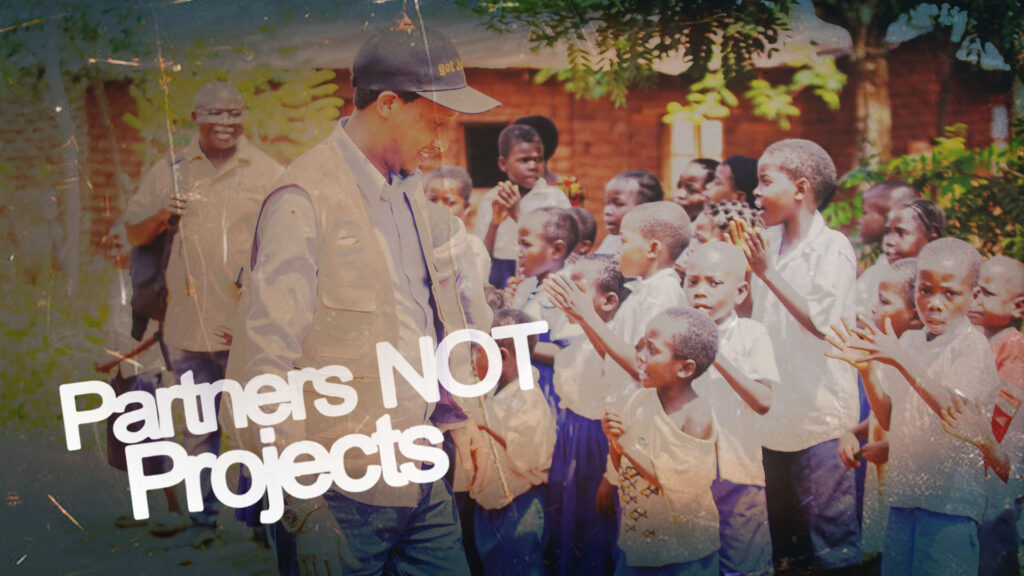

















This inspiring piece beautifully highlights the transformative power of partnerships over paternalistic aid. The focus on empowering local communities and leaders is truly uplifting and offers a hopeful model for sustainable development.
This inspiring piece deeply resonates, highlighting the profound impact of partnership over paternalism. The emphasis on local leadership and dignity feels profoundly just and effective, offering a hopeful model for sustainable change.